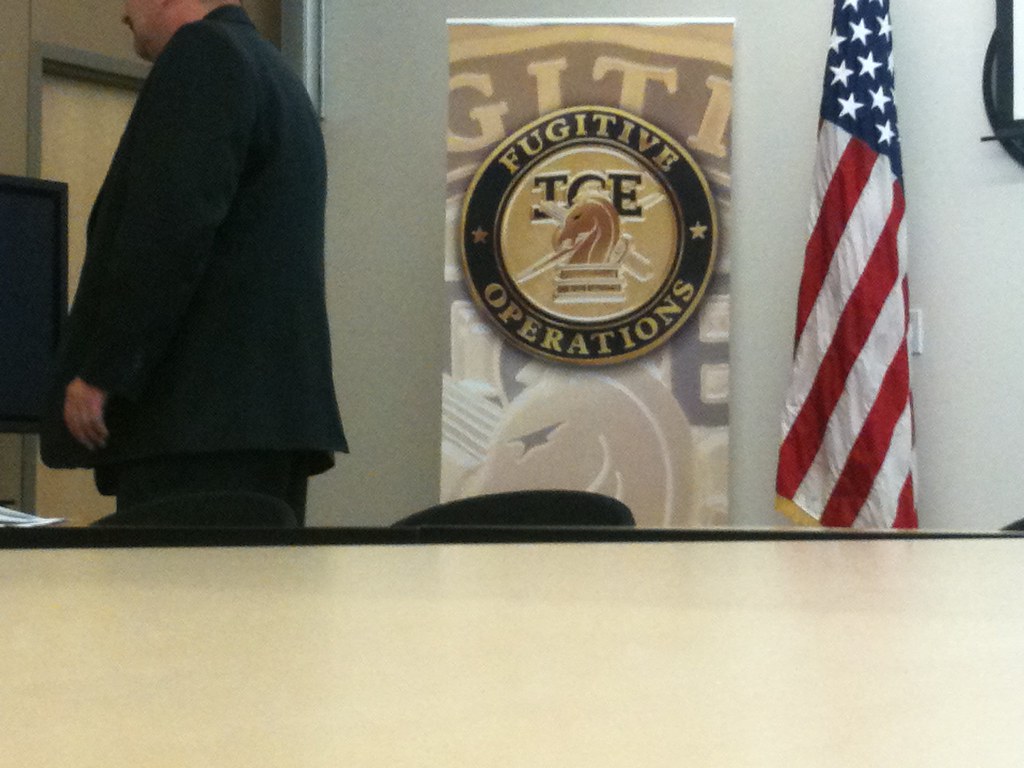Key Takeaways
• ICE agents stopped two men in Rogers Park and asked for ICE papers.
• A legal resident without his documents was shoved into an ICE vehicle.
• Agents fined him $130 for not carrying his ICE papers.
• His homeless companion, with no legal status, was detained.
• The ACLU calls fining legal residents cruel and unnecessary.
• Trump-era arrest quotas have driven tougher ICE papers checks.
ICE Papers Demand Shakes Rogers Park Stop
Two immigrants sat on a bench in Rogers Park when federal agents walked up. They demanded to see ICE papers. The agents told both men to stand. Then they ordered one man into a waiting ICE vehicle. That man was 60-year-old Rueben Antonio Cruz. He is a legal U.S. resident. Yet he had no ICE papers on him.
Cruz asked the officers to let him retrieve his documents from home. However, the agents pressed him for details. They asked about his parents and birth city. Cruz said both parents had passed away. Soon, the agents confirmed his status in their database. Despite that, they issued a $130 fine for not carrying his ICE papers.
Meanwhile, Cruz’s companion had no documents at all. He is homeless and has no legal status. The agents took him into custody. He faced possible deportation. Cruz watched from the ICE vehicle as they drove him around the neighborhood. He wondered why he was treated like a criminal.
Why ICE Papers Rules Matter
Federal law says permanent residents must carry their ICE papers at all times. In reality, most lawfully resident immigrants rarely face checks. That changed when this administration set higher arrest targets. Now, ICE officers make more stops and demand paperwork. In some states, local police can also demand residency proof. Illinois does not have such rules. Yet ICE can enforce federal law anywhere.
Carrying ICE papers can feel invasive. A legal resident like Cruz may carry a green card at home, not in his pocket. Still, agents can fine or detain anyone who can’t prove status immediately. This puts stress on immigrants who follow the law and pay taxes. It also scares people who witness these stops. Community members say this approach fractures trust in law enforcement.
The ACLU of Illinois condemns fining lawful residents. Ed Yohnka, the ACLU communications director, called the fine “unnecessary and cruel.” He added that it does nothing to make communities stronger or safer. Instead, he said, it aims to make life harder for all immigrants.
Impact of Trump Quotas on ICE Papers Checks
Recently, the Department of Homeland Security set a daily arrest goal of 3,000 migrants. Agents now chase quotas as well as targets. Under the new rules, officers face pressure to show results. Consequently, they check ICE papers more often, even in low-risk situations.
Since early September, DHS reports arresting 800 migrants in Chicago. That total falls far short of the daily goal. Officials deny quotas still drive operations. Yet many agents on the ground say they still feel the push. They conduct more street stops and demand ICE papers in public areas.
This focus on numbers may hurt community safety. People who fear ICE papers checks avoid calling police when they need help. They also hesitate to report crimes or serve as witnesses. As a result, trust in public safety agencies erodes. Community leaders worry that crime victims will stay silent rather than risk exposure.
Life After an ICE Papers Stop
After his stop, Cruz had to appear in court to pay his fine. He felt humiliated by the interrogation and the shoving. He wondered why he was treated like a suspect. He carries his green card carefully. Now, he plans to keep it in a pocket that never leaves his side.
Cruz hopes sharing his story will spark change. He wants fewer random checks and more respect for legal residents. He urges local lawmakers to explore ways to limit ICE papers stops by federal agents. Some suggest passing a state law that restricts when ICE can demand papers. Others want better training for officers on immigrant rights.
The road ahead remains uncertain. For now, legal residents like Cruz face tougher enforcement. They must carry ICE papers everywhere. Otherwise, they risk fines, public humiliation, or worse.
FAQs
Why did ICE agents demand papers in Chicago?
ICE enforces a federal rule requiring permanent residents to carry documentation. Recent arrest targets have led agents to make more stops in public.
Can state laws limit ICE stops?
Some states ban local police from demanding residency proof. Illinois does not have such a law. Only Congress can change ICE’s federal authority.
What happens if a legal resident has no ICE papers?
Agents can detain the person, verify status in their system, and issue fines. In Cruz’s case, he paid $130 and appeared in court.
Do ICE arrest quotas still exist?
Officials say quotas ended. Yet many agents report ongoing pressure to meet arrest or arrest-referral targets. This leads to more street checks and demands for ICE papers.
